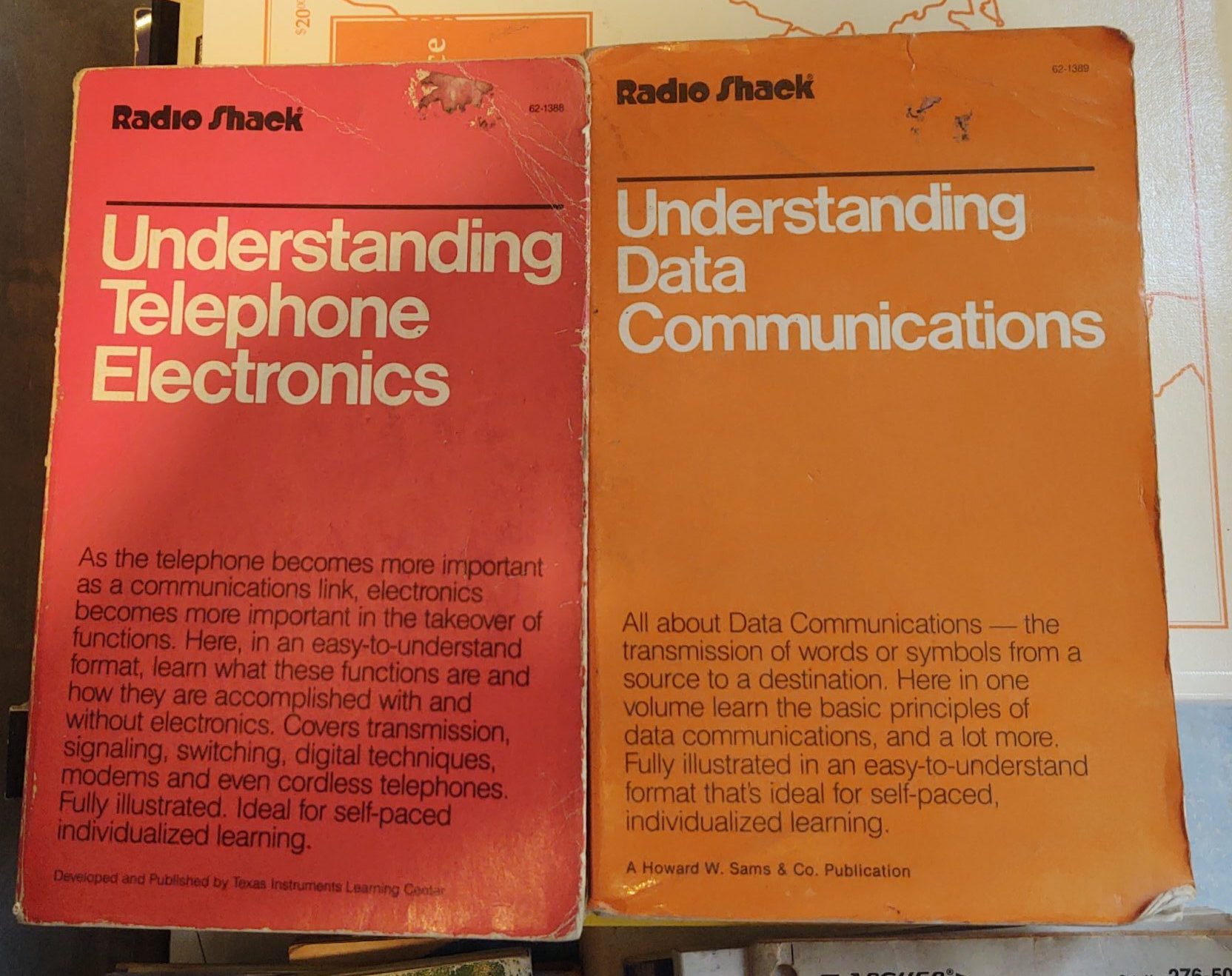This post brought to you by Bob Dyan's Lily, Rosemary, & The Jack of Hearts, among other classics.
Ok, a bit of a rant.
When I first started hacking, I had read Hackers, by Steven Levy. It had come out about a year before. The book referenced Ted Nelson's book Computer Lib, that was published in the 1970s during the beginning of the microcomputer era. Since Levy referenced it, I had to find a copy.
I was eventually successful in getting a copy of Computer Lib. Microsoft Press had done a reprint, and I found a copy in the Whole Earth Store at Berkley, CA in 1989. It was one of the first and most seminal personal computer books, and it was as cool as I thought it would be.
Over the years and multiple residence moves, the book got lost. I recall seeing it in a Sterlite container a few(?) years back, but when I went to look for it, no joy. As I move away from computers as work to computers as hobby, I wanted to read it again to see if any of the magic could be reclaimed, much like watching the original Tron. Went on Amazon and Ebay to look for a copy, and found used copies start at $100 and work their way up from there.
Fortunately, archiveorg has a scan of it in PDF format. Maybe at some time in the future O'Reilly or No-Starch will do a reprint and charge something reasonable for it. I'd gladly buy a copy for my library. Until then, I can make do with the PDF. In the meantime, the computer ephemera collectors can spend their money on the originals.
/end rant

While going through all my stuff in storage I did however find two of my first hacking books from the 1980s. They are Understanding Telephone Electronics and Understanding Data Communications. Radio Shack and SAMS/TI published them in the 1980s. I learned a quite a bit of useful stuff from those two books, and am glad they didn't get lost. When I finally get a lab back together they'll go on the shelf next to Eric Raymond's Art Of Unix Programming, my 20th anniversary edition of The Pragmatic Programmer, and the two LISP books I bought for 50 cents each at the local Goodwill.
I met with my college advisor earlier this month. I was doing a minor in CIS, and after some consideration decided to dump it while it's still early enough to do so without a hassle. Fucking around with computers and other tech is a great hobby, but I have learned after 30 years that doing it as a day job sucks the joy out of it as a hobby. I came to the realization that one does not have to be employed in IT, IS, or CS to be a hacker.
The one computer class I'm taking this semester is on basic Python programming. The online course material is from Cengage, and is in my opinion a bit lacking. I went down to the local Barnes and Noble, and picked up a copy of O'Reilly's Introducing Python by Bill Lubanovic, which has so far been a big help in passing the class.
Python so far reminds me of the old-school BASIC I learned on my Timex Sinclair 1000, Commodore VIC-20, and Atari 130XE. Of the three, the only one I own at present is the Timex/Sinclair. My friend Z-Man gifted me a ZX-81 many years ago, and then my late friend Wildflower gifted me a Timex clone called a Lambda 8300. I didn't even know at the time that there were Timex ZX clones. Maybe when I get the lab finished I'll look at adding some more Z80 and 6502 machines. Now that all the formerly expensive and/or hard-to-find in the 1980s information is available for free online, I can do things like interface an RS-232 controlled receiver to them with a simple BASIC program and not to go through as much hassle as I would with a more modern piece of computing iron.
Also on the hobby side, you all might have seen my article in 2600 two issues ago, Wherever You Go, There You Are. I'm happy to announce that the HOPE (Hackers On Planet Earth) committee accepted my proposal based on the article, and I'll be giving a talk at the conference in July.
As a hobbyist, you don't have to worry about the latest and greatest. Just like my article, take whatever you have laying around and start hacking with it. I stopped keeping track of the latest and greatest sometime around 2001. Couldn't afford it after getting laid off from my telecom job. Then my first kid came, and priorities by necessity changed. Life is like that. But just because you can't afford to buy a new piece of computing iron every few years doesn't mean you can't still hack. My current piece of computing iron is a Toshiba Satellite C665D-S5508 running Mint Linux on an AMD Vision CPU. I scrounged it from an estate. Before that was a 2009 vintage Celeron laptop bought at a clearance sale and the last “new” machine I purchased retail. Unless you count the Raspberry Pi.
I've mentioned the Raspberry Pi before. You can get a complete ready to go system for $100 these days. The basic Pi board is still $30 or so mail order. When you consider $100 was what a Timex Sinclair 1000 cost in 1983, it's a bargain. My old friend Ladyada (Adafruit) has them in stock and you can have one in a few days depending on where you live. One of them would be a good place to start if you haven't yet played with one.
And with that, I share with you the song that started this muse.
Until next time... -Ticom/Tom